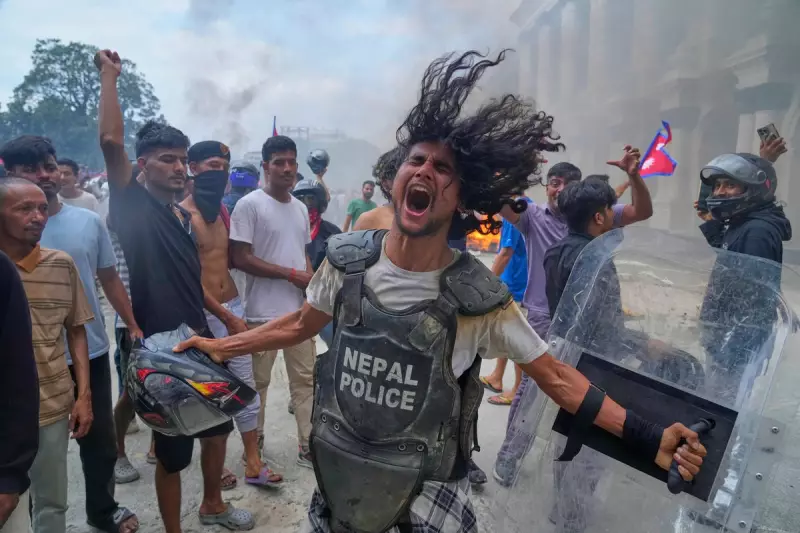
Three of India's key South Asian neighbours have launched formal diplomatic protests against Prime Minister Narendra Modi, plunging regional relations into fresh turmoil. The governments of Nepal, Sri Lanka, and Bangladesh have all expressed deep offence at Mr Modi's recent characterisation of India as a fundamentally Hindu nation.
The controversy erupted after the Indian leader's statements, which have been perceived across the region as undermining the secular foundations of the Indian state and marginalising its significant Muslim minority population.
Formal Diplomatic Channels Activated
In a significant escalation of diplomatic tensions, both Nepal and Sri Lanka have summoned Indian ambassadors to their respective foreign ministries to convey their official displeasure. The Bangladesh government has issued a formal written protest, stopping just short of a full diplomatic summons.
This coordinated response represents one of the most significant displays of regional discontent with Mr Modi's government in recent years, highlighting growing anxieties about religious nationalism emanating from New Delhi.
A Question of Regional Secularism
The strong reaction from these predominantly non-Hindu nations underscores the delicate religious balance across South Asia. All three protesting countries maintain significant religious diversity and have expressed concern that Mr Modi's rhetoric could destabilise this fragile equilibrium.
Analysts suggest the protests reflect broader unease about the direction of India's domestic policy under Mr Modi's Bharatiya Janata Party (BJP), which has frequently been accused of promoting Hindu nationalist agendas at the expense of religious minorities.
Regional Relations Under Strain
This diplomatic row threatens to strain India's carefully managed relationships with its closest neighbours. India has traditionally positioned itself as the regional leader and economic powerhouse, but such public rebukes from multiple governments simultaneously represent a notable challenge to its diplomatic standing.
The coming days will prove crucial in determining whether this dispute can be contained through diplomatic channels or whether it will escalate further, potentially affecting trade, security cooperation, and regional initiatives within the South Asian Association for Regional Cooperation (SAARC) framework.





